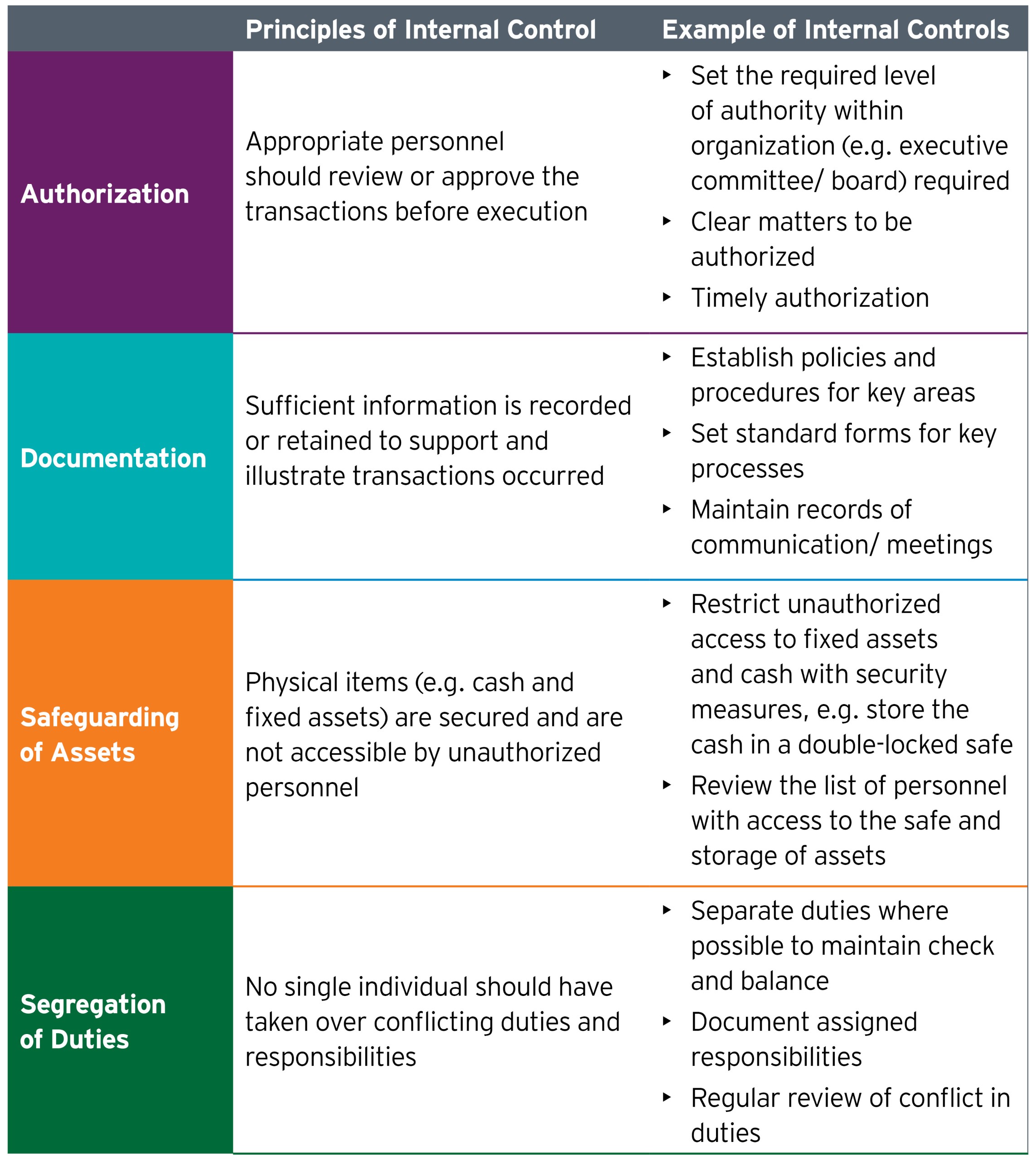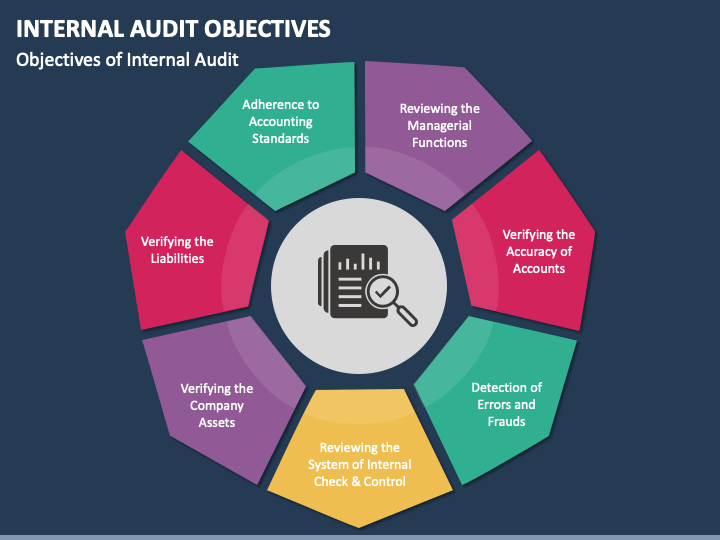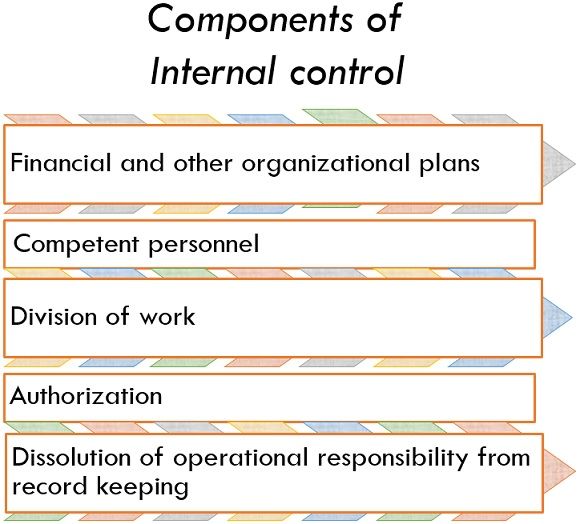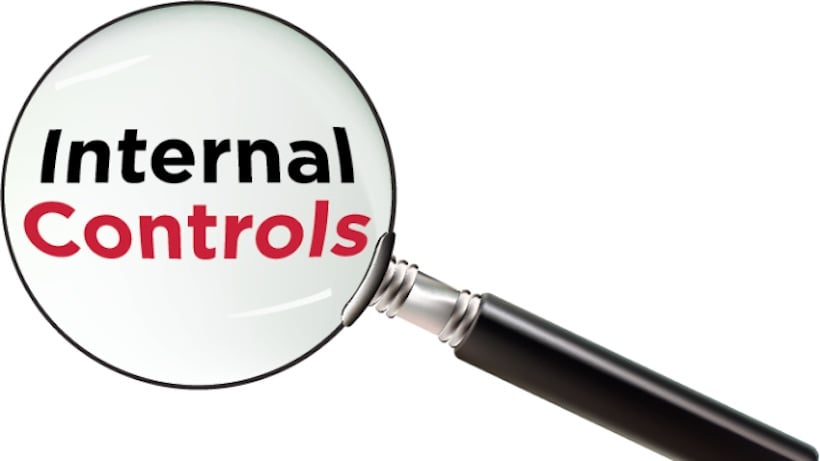Internal checks in auditing refer to the process of verifying and reviewing a company's financial and operational activities to ensure that they are accurate, reliable, and compliant with relevant laws, regulations, and standards. Internal checks are an essential part of the internal control system of a company, which is designed to protect against errors, fraud, and mismanagement.
Internal checks can be performed by a company's employees or by external auditors, depending on the scope and nature of the audit. Internal checks can be divided into two main categories: substantive checks and compliance checks. Substantive checks involve verifying the accuracy and completeness of a company's financial statements and transactions. This may involve testing transactions, examining supporting documents, and evaluating the internal control system. Compliance checks, on the other hand, focus on ensuring that a company is following relevant laws, regulations, and standards. This may involve reviewing policies and procedures, testing controls, and evaluating the effectiveness of the internal control system.
Internal checks are essential for maintaining the integrity and reliability of a company's financial and operational activities. By identifying and correcting errors and discrepancies, internal checks help to ensure that a company's financial statements accurately reflect its financial position and performance. Internal checks also help to prevent fraud and mismanagement by providing a system of checks and balances that can detect and prevent inappropriate activities.
There are several types of internal checks that can be used in auditing, including physical checks, documentary checks, and substantive tests. Physical checks involve verifying the existence and condition of a company's assets, such as inventory, equipment, and real estate. Documentary checks involve reviewing supporting documents, such as invoices, receipts, and contracts, to ensure that they are complete and accurate. Substantive tests involve evaluating the internal control system and testing transactions to ensure that they are accurately recorded and properly authorized.
Internal checks are an important part of the auditing process and play a critical role in ensuring the accuracy and reliability of a company's financial statements. By regularly reviewing and verifying financial and operational activities, internal checks help to ensure that a company's financial statements accurately reflect its financial position and performance, and help to prevent fraud and mismanagement.




:max_bytes(150000):strip_icc()/Internal-controls-4194435-FINAL-81238b6f63dd44e5a87d9169d4d02994.png)


